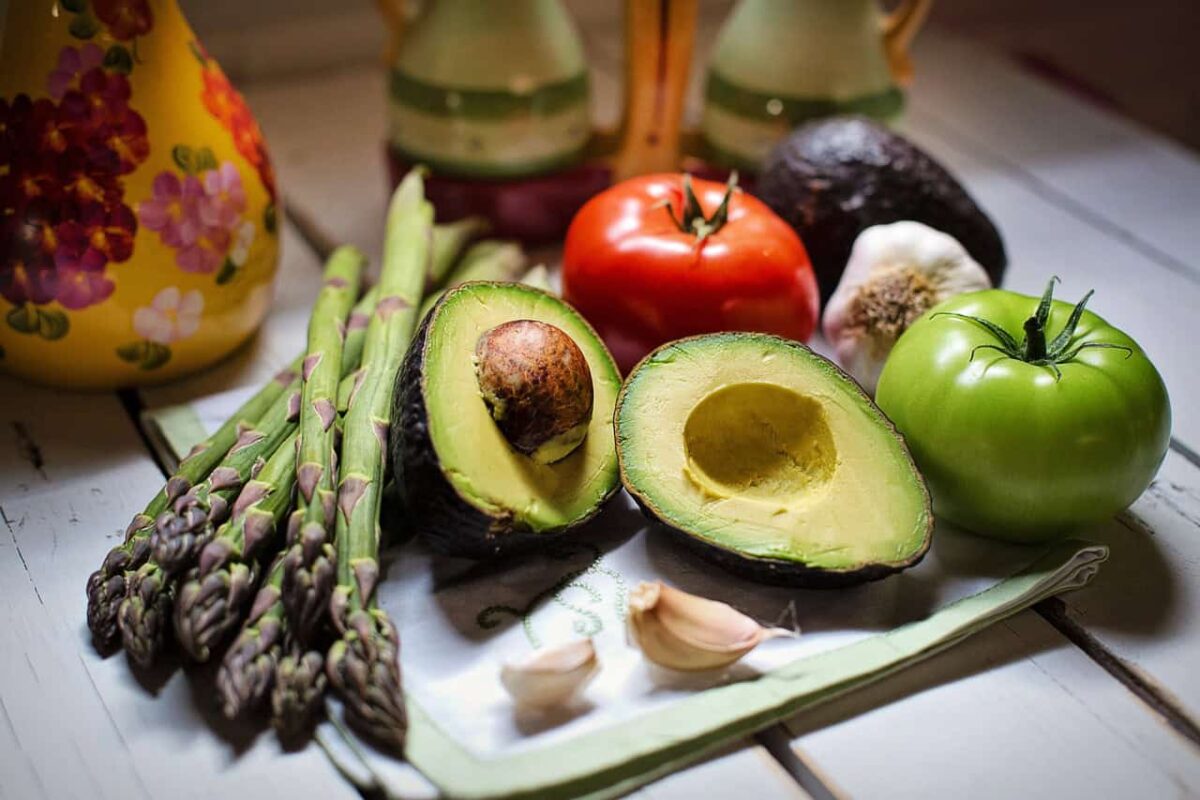Photo: Pixabay/JillWellington
As cardiovascular diseases, diabetes and obesity are at all-time highs across much of the developed world, attention is turning to diets that can prevent or alleviate these conditions. Phasing out ultra-processed foods in favour of whole foods is a good place to start. But what next?
Generally the Mediterranean diet is widely viewed as one of the healthiest alternatives. When it comes to cardiovascular health, however, vegan diets can work wonders.
This is according to scientists who studied identical twins to control for factors such as genetics and limit other variables. All twins in the study had grown up in the same households and reported similar lifestyles. In all, 22 pairs of identical twins were enlisted in the research that was conducted from May to July last year. They were all healthy without cardiovascular diseases. The scientists then placed one twin from each pair on either a vegan or an omnivore diet.
“Both diets were healthy, replete with vegetables, legumes, fruits and whole grains and void of sugars and refined starches. The vegan diet was entirely plant-based, included no meat or animal products such as eggs or milk. The omnivore diet included chicken, fish, eggs, cheese, dairy and other animal-sourced foods,” explain the scientists behind the study.
“During the first four weeks a meal service delivered 21 meals per week — seven breakfasts, lunches and dinners. For the remaining four weeks, the participants prepared their own meals,” they elucidate.
Out of the 44 original participants, all but one completed the two-month trial, staying on their respective diets as instructed and keeping a daily list of what they ate for the duration.
It was found that most improvement in the participants’ health occurred over the first four weeks of the diet change with those on a vegan diet having significantly lower low-density lipoprotein cholesterol (LDL-C) levels, insulin and body weight (all of which are important for better cardiovascular health) than those on the omnivore diet.
“The average baseline LDL-C level for the vegans was 110.7 mg/dL and 118.5 mg/dL for the omnivore participants; it dropped to 95.5 for vegans and 116.1 for omnivores at the end of the study. The optimal healthy LDL-C level is less than 100,” the scientists explain.
Because the participants in the study already had healthy LDL-C levels to begin with, there was less room for improvement, but people who have higher baseline levels would experience more marked improvements on a vegan diet, the scientists posit.
In addition, participants on a vegan diet showed about a 20% drop in their fasting insulin level, which is another benefit. The vegans also lost an average of 4.2 more pounds than the omnivores.
The main reason the vegan diet proved more beneficial for LDL-C levels and insuline sensitivity was due the fact that it contained lower levels of saturated fats, which raise cholesterol, and higher levels of fiber, which lowers cholesterol.
With that in mind, it might not be necessary to go full vegan. “Based on these results and thinking about longevity, most of us would benefit from going to a more plant-based diet,” stresses Christopher Gardner, PhD, a professor of medicine at the Stanford Prevention Research Center who led the research.
“The vegan participants (and the omnivores to some extent) did the three most important things to improve cardiovascular health: they cut back on saturated fats, increased dietary fiber and lost weight,” he adds.
Although not many people might commit themselves long-term to a vegan diet, adopting a more plant-based diet could still improve their health, according to the expert.
“A vegan diet can confer additional benefits such as increased gut bacteria and the reduction of telomere loss, which slows aging in the body,” Gardner explains. “What’s more important than going strictly vegan is including more plant-based foods into your diet.”
Better yet, more plant-based diets will also benefit the environment as the production of meat such as beef accounts for a great deal of greenhouse gas emissions, water use and deforestation. Earlier research has shown that the paleo and keto diets are the worst not only for the planet but for your health as well.
Did you like it? 4.5/5 (23)








